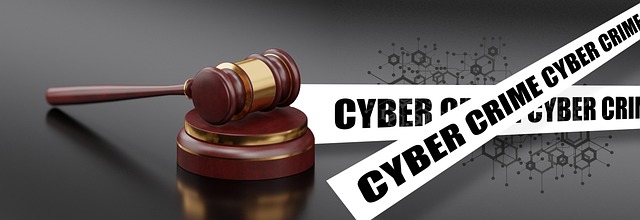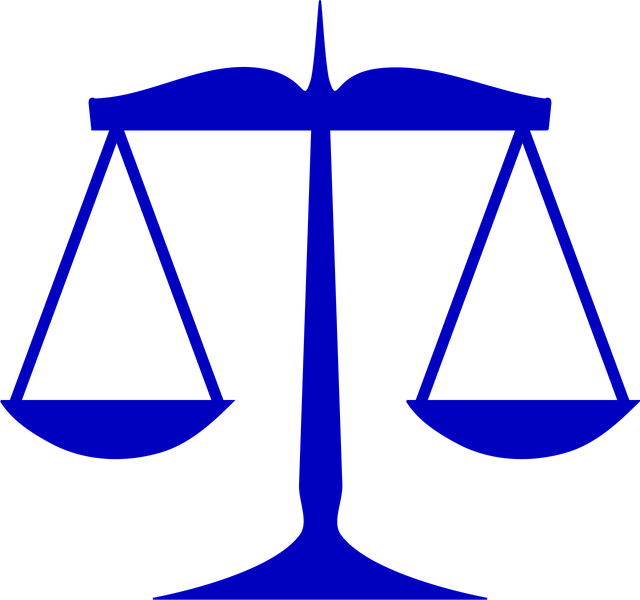Tech companies in rapid growth sectors must navigate complex antitrust laws to ensure long-term success. The U.S. DOJ and FTC enforce these laws against monopolies, with tech firms leveraging their data-driven expertise for successful defenses. Tailored antitrust litigation strategies are crucial for both giants and startups, utilizing advanced analytics and expert insights for compelling narratives. In the digital age, innovative strategies involving predictive analytics, consumer behavior understanding, alliances, ethical standards, and transparent reporting help mitigate risks and demonstrate commitment to fair competition.
In the fast-paced, highly competitive tech industry, understanding antitrust laws is paramount. This article delves into critical aspects of litigation support services, offering a comprehensive guide on navigating complex antitrust challenges. We explore effective strategies specifically tailored to tech companies facing litigation, providing insights that can fortify defenses and mitigate risks. By mastering these antitrust litigation strategies, tech businesses can ensure their survival and growth in an increasingly regulated environment.
- Understanding Antitrust Laws in Tech Industry
- Role of Litigation Support Services
- Effective Strategies for Tech Company Defense
Understanding Antitrust Laws in Tech Industry
In the tech industry, where innovation and competition thrive, understanding antitrust laws is paramount for companies aiming to navigate legal landscapes successfully. Antitrust litigation strategies are crucial for tech giants and startups alike, as they protect fair market practices and prevent monopolistic behaviors. The U.S. Department of Justice (DOJ) and Federal Trade Commission (FTC) actively monitor and enforce these laws, ensuring a level playing field for all participants.
Tech companies often face unique challenges when it comes to antitrust compliance due to their rapid growth, data-driven business models, and complex product offerings. An unprecedented track record in antitrust litigation demonstrates the expertise of legal teams in defending corporate and individual clients against accusations of anti-competitive practices. By employing tailored strategies that address market power, market definition, and harm to consumers, these firms achieve extraordinary results, ensuring their long-term success while upholding legal integrity.
Role of Litigation Support Services
Litigation Support Services play a pivotal role in shaping the outcomes of complex legal battles, particularly in the realm of antitrust litigation involving tech companies. These services offer strategic guidance and tactical support to ensure that each step of the legal process is executed efficiently. By leveraging advanced data analytics, expert witnesses, and cutting-edge technology, they enhance the strength of cases, enabling tech firms to navigate the intricate web of antitrust regulations.
In the context of antitrust litigation strategies for tech companies, Litigation Support Services help in developing robust narratives that challenge or defend against allegations of anti-competitive behavior. Their expertise facilitates the interpretation of complex data and market trends, providing insights that can lead to the complete dismissal of all charges. For his clients, these services are invaluable, offering a competitive edge in what often turns into high-stakes, labyrinthine legal battles.
Effective Strategies for Tech Company Defense
In today’s digital era, tech companies face unique challenges when it comes to antitrust litigation strategies. To effectively defend against allegations, these firms must leverage their technological prowess and data insights. One key approach involves utilizing advanced analytics and machine learning algorithms to identify potential violations and proactively address them. By analyzing market trends, consumer behavior, and competitive dynamics, tech giants can uncover patterns that may raise red flags from regulators.
Moreover, building a strong relationship with the philanthropic and political communities can be instrumental in avoiding indictment. Tech companies should engage in proactive measures to ensure their practices align with ethical standards and industry best practices. This includes transparent reporting, regular audits, and participating in industry-wide initiatives aimed at fostering fair competition. An unprecedented track record of compliance and social responsibility can significantly mitigate risks and demonstrate a commitment to upholding antitrust principles.
Antitrust litigation poses significant challenges for tech companies, but with the right strategies and support, these industries can navigate complex legal landscapes. By understanding antitrust laws specific to their sector, leveraging specialized litigation support services, and employing effective defense mechanisms, tech businesses can protect their interests and ensure long-term success in an increasingly regulated digital environment. Implementing robust strategies tailored to their unique circumstances equips them to defend against potential claims, foster fair competition, and maintain their competitive edge.






